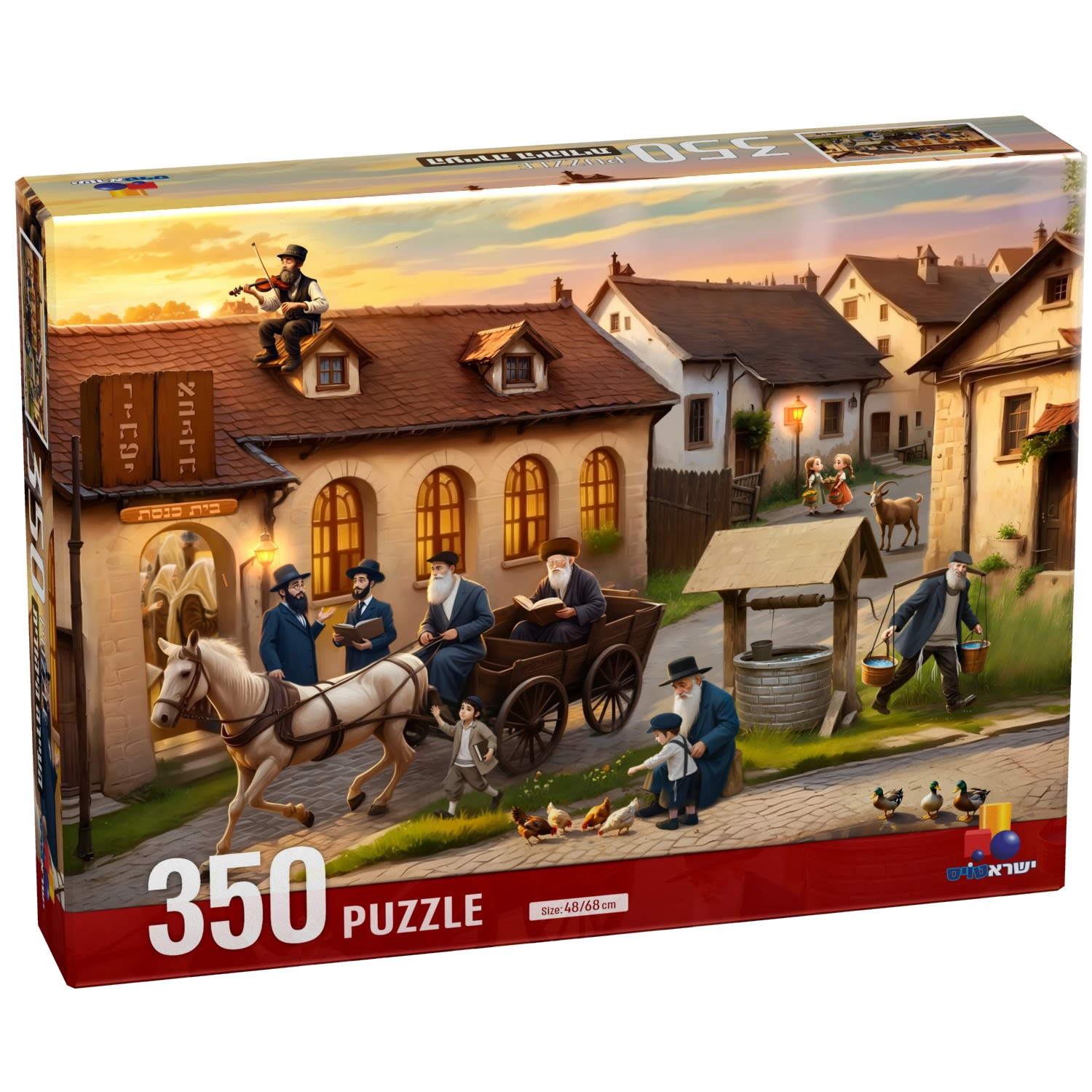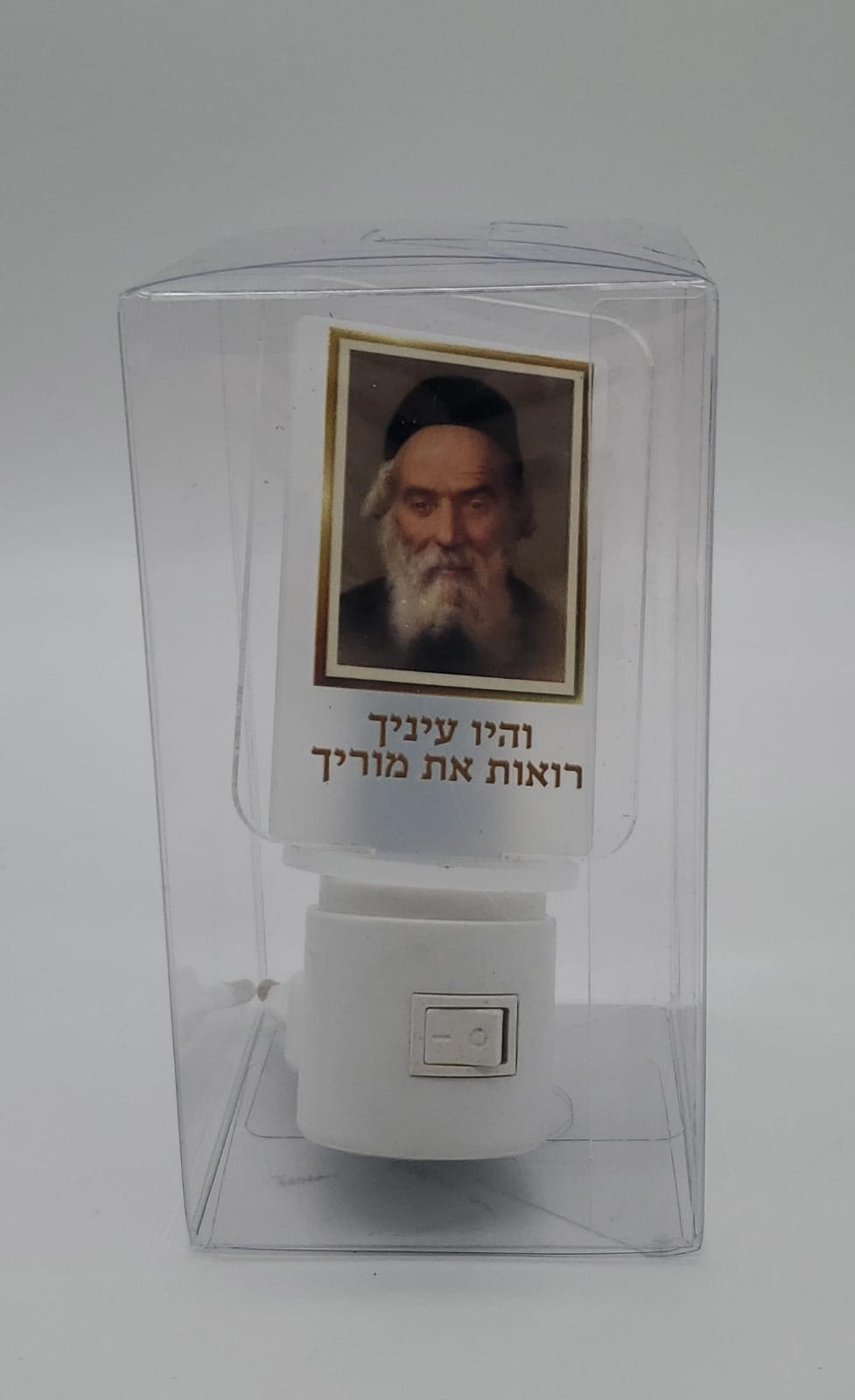
A Groundless Feud
The two men continued to argue along this line for quite some time, and the longer they argued the more heated the argument became. When the first...

The two neighbors, both of whom were wealthy landowners, had managed to live in peace and harmony until one day one of them decided to do some improvements on his land.
When the second man heard about the work, his curiosity was aroused. He saddled one of his fine horses and went out to the outer boundary of his land to see what his neighbor was up to – and what he saw made his blood boil. His neighbor’s workers were busily digging up a tract of land that was part of his property, and they were doing it openly and in complete disregard of the law!
The second man, whose name was David, spotted his neighbor, who was standing to one side as he oversaw the work. David gave an angry crack of the whip, which sent his horse into a gallop, and within in seconds he was by his neighbor’s side.
The neighbor was startled by the sight of the galloping horse that seemed to be charging right at him. As he quickly jumped out of the horse’s path, he started to yell out to the reckless horseman. But he was even more startled when he realized who the rider was.
“David, you gave me a fright,” the neighbor said. “Whatever got into you to charge at me like that?”
“What got into me?” David angrily replied. “What got into you?”
“I don’t know what you’re talking about,” said the neighbor.
“Oh, really,” David snarled. “I suppose these are not your workers.”
“They are my workers,” replied the neighbor, still perplexed.
“Who gave them permission to dig up my land, if not you?” demanded David.
“Your land?” the neighbor asked with evident surprise.
“Yes, my land,” David replied.
“You are mistaken, my friend,” said the neighbor, “this land is mine.”
“You are the one who is mistaken,” said David. “It’s mine.”
The two men continued to argue along this line for quite some time, and the longer they argued the more heated the argument became. When the first neighbor’s overseer saw that things were getting out of hand and the landowners were about to come to blows, he stepped forward.
“Gentlemen, arguing will not resolve the issue,” said the overseer. “This is a legal dispute. Only a rabbi can decide who the land belongs to.”
The two landowners recognized the wisdom of the overseer’s words, and they both made an effort to calm down. However, when they tried to decide which rabbi to turn to, they once again began to get into a fight. Each man wanted to go to his own rabbi and refused to agree to present the case before the rabbi of the other.
“Gentlemen,” said the overseer a second time, “why not go to a rabbi whom you know will be absolutely impartial?”
“Who is that?” David asked suspiciously.
“Reb Chaim of Volozhin,” the overseer replied. “Surely neither one of you doubt his uprightness.”
Since Reb Chaim of Volozhin was, without question, one of the leading rabbis of the generation, the two landowners readily agreed to the overseer’s suggestion. And as they were both anxious to settle the matter, they set out for Volozhin at once. When they stood before Reb Chaim they each presented their claims to ownership of the property in dispute. Reb Chaim listened to the words of each man intently, and then he sat in silent thought for several minutes.
“There is something about this case that still confuses me,” Reb Chaim said softly. “Perhaps if I see the land in question, I will better understand your claims.”
The two landowners were more than happy to escort Reb Chaim to the field. Now that the land lay before them, Reb Chaim asked each man to once again present his case. After both men had finished speaking, Reb Chaim suddenly bent down and put his ear to the ground.
The two men didn’t know what to make of this strange behavior, and so they glanced uneasily at each other. Because neither one of the men wanted to show disrespect to the distinguished rabbi, each one was hoping that the other would have the courage to ask Reb Chaim what he was doing. Finally, David could contain his curiosity no longer and so he spoke up.
“Reb Chaim,” he called out, “what are you doing? What are you listening to down there?”
“I have given the two of you the opportunity to state your claims to this piece of land,” Reb Chaim replied, still keeping his ear to the ground. “Now I would like to hear what the ground has to say for itself.”
The two men looked at each other and started to laugh.
“Rabbi, does the ground really talk?” asked David.
“Not only does this ground talk,” replied Reb Chaim, “but it also laughs. Do you know why it is laughing?”
The two landowners shook their heads.
“The ground finds it amusing that the two of you are having such a heated argument over who it belongs to,” said Reb Chaim. “It is telling me, ‘This one says I belong to him, and that one says I belong to him. But the truth is that eventually – when they reach the age of 120 – they will both belong to me.'”
Reb Chaim stood up and turned to the men, who had by now stopped laughing and were regarding the land with a sober eye.
“My friends, life is too short and too precious to be spent in arguing and harboring ill feelings toward one other,” Reb Chaim said quietly. “Perhaps we can find some way to resolve this dispute through peaceful compromise.”
Reb Chaim’s words hit their mark and the two landowners wholeheartedly agreed to make peace and abide by whatever decision the tzaddik reached.
***
Libi Astaire is the author of Choose Light! Chassidic Tales for Chanukah, Rosh Hashanah, Sukkos, Passover & Shavuos; Breakfast with Rav Zusha and Other Stories to Wake Up Your Soul; and the award-winning Jewish Regency Mystery Series. Visit her website for more information about these and other books.










Tell us what you think!
Thank you for your comment!
It will be published after approval by the Editor.